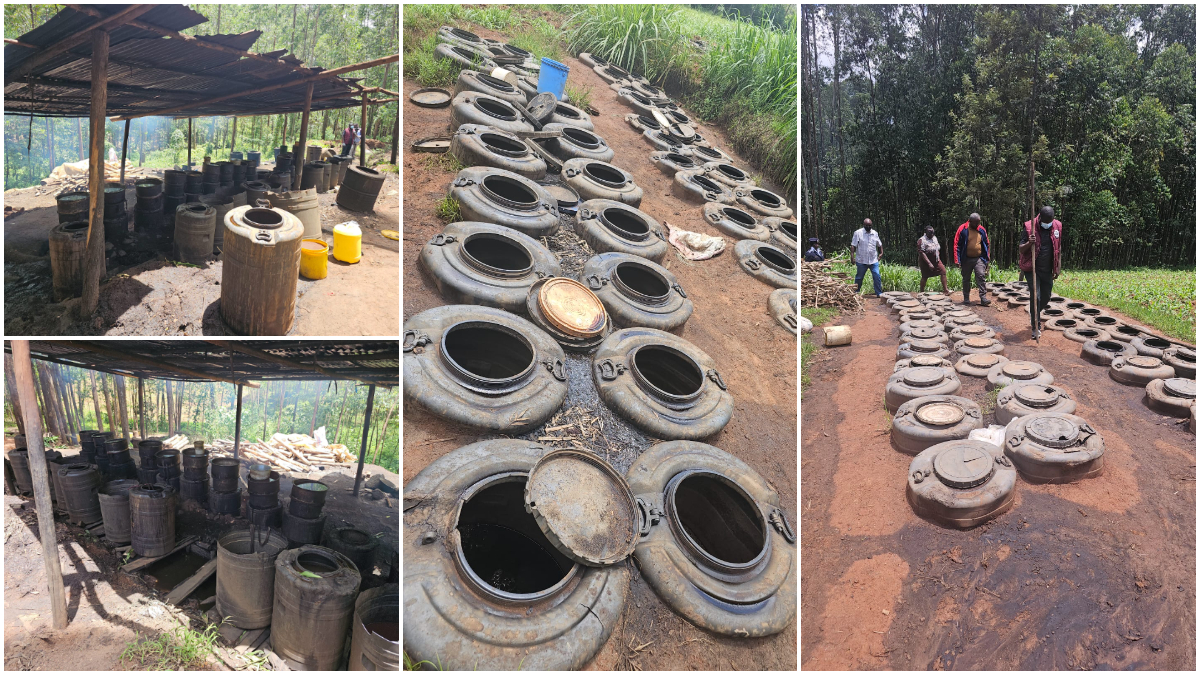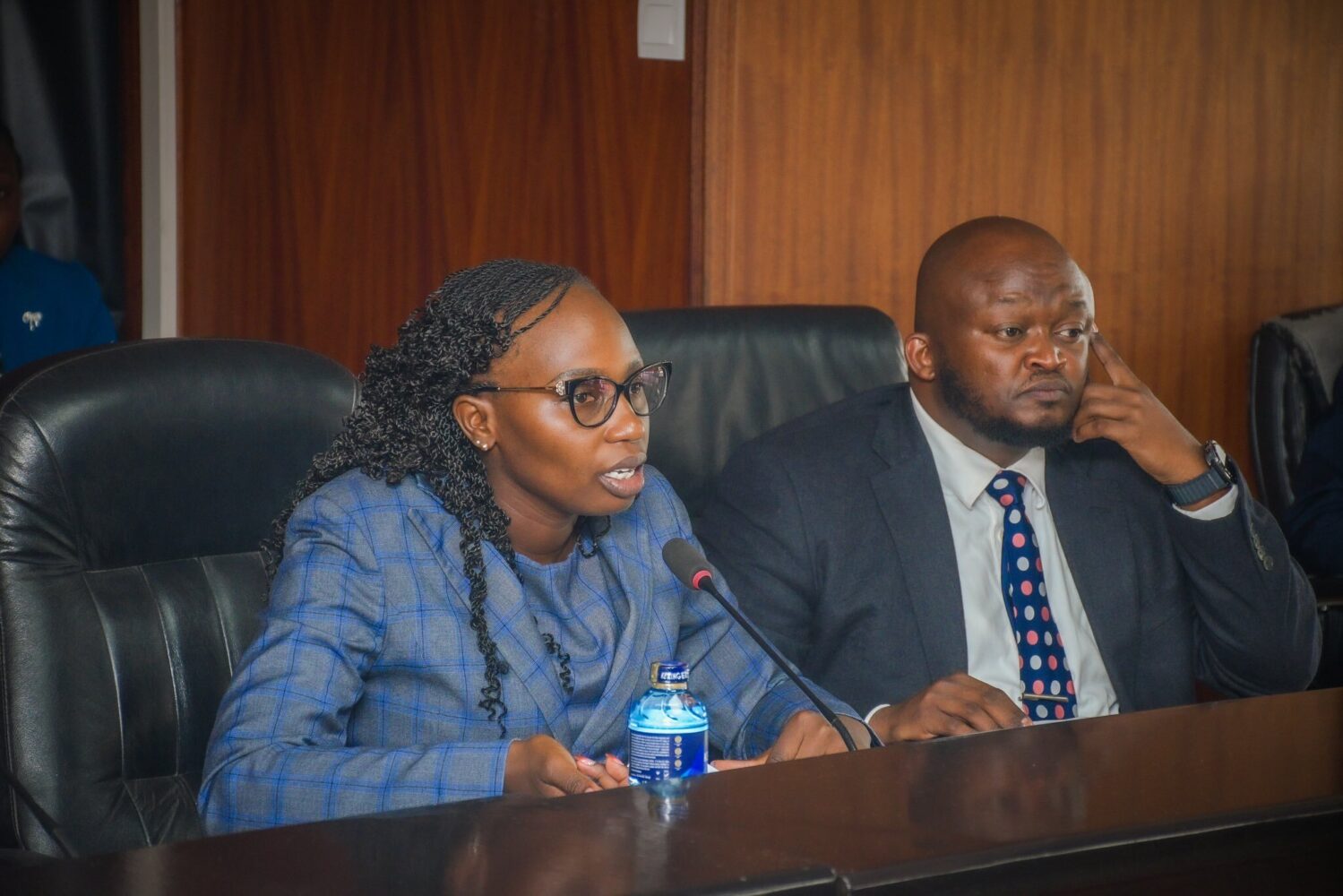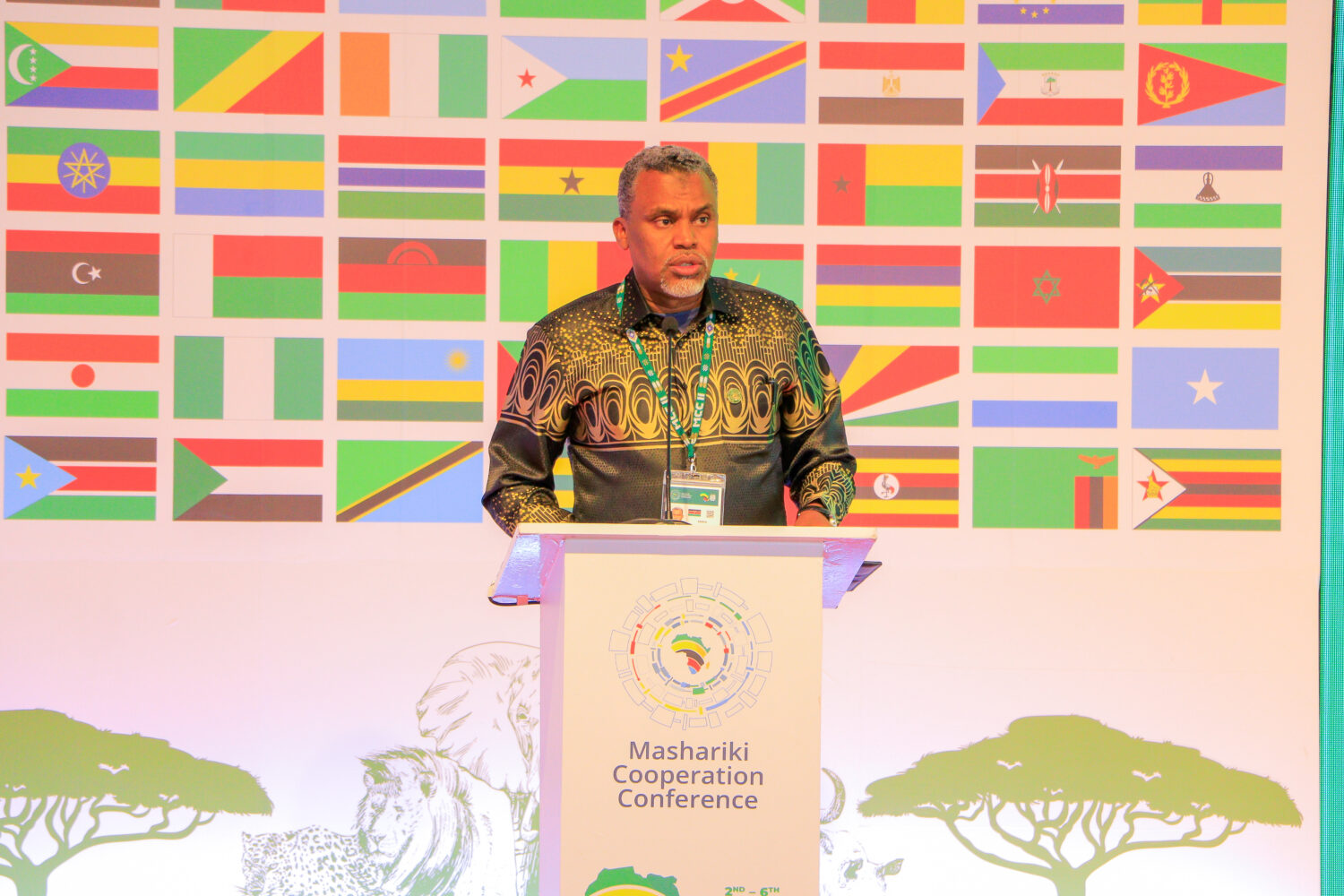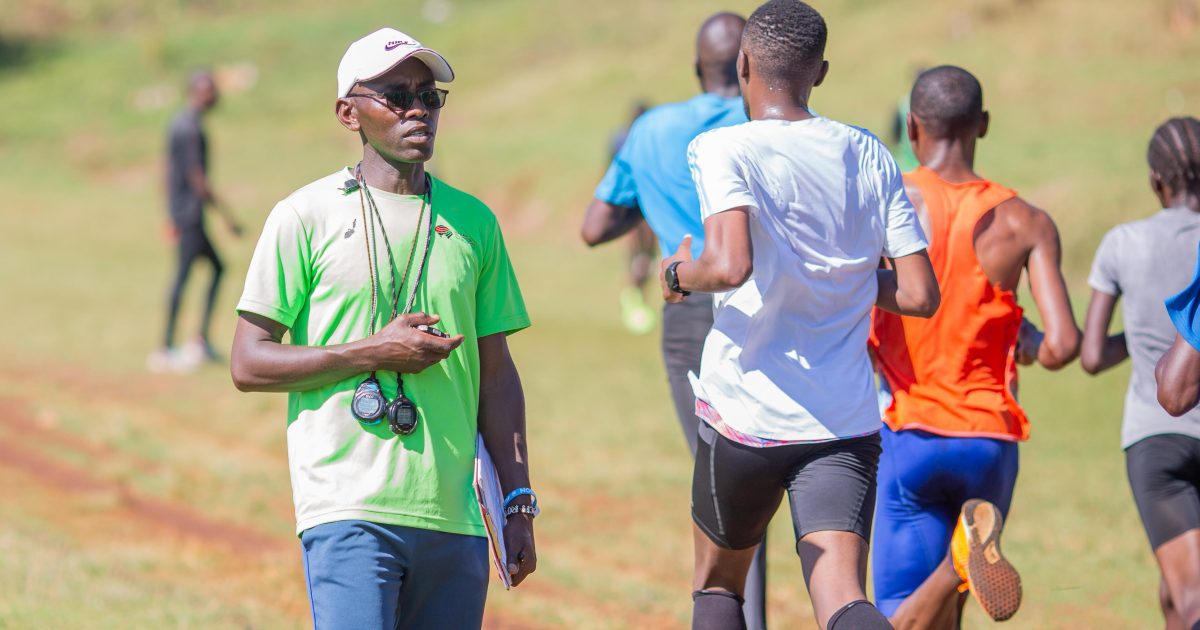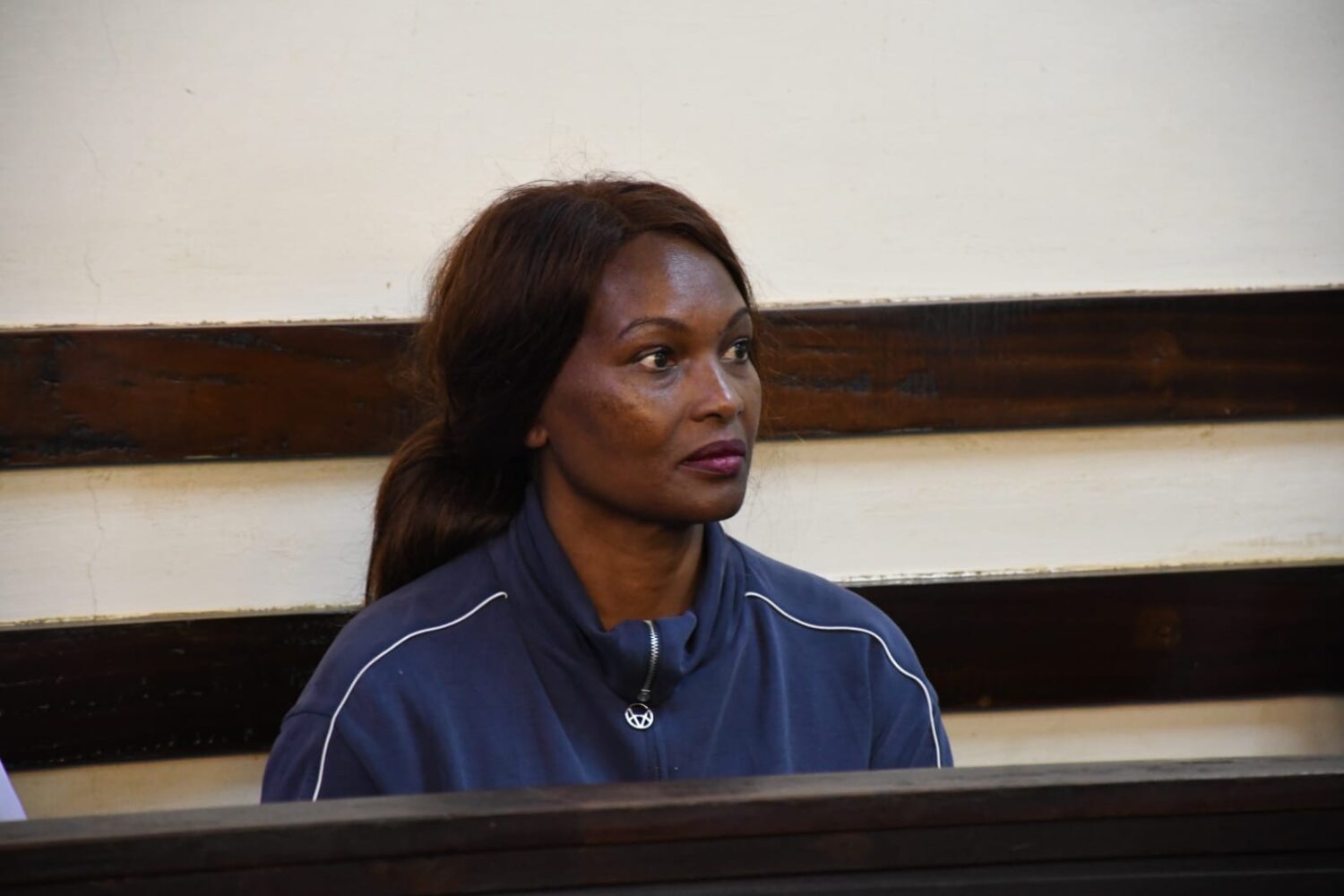Nothing was ever the same since the fateful accident that befell Fridah Kaimuri Kirema in 2012.
At the time, Fridah, a thriving young woman, was enroute to Mai Mahiu for a work assignment that looked promising for her career.
However, fate had its own plans that day. Before they could reach their destination— the car’s tires burst, resulting in a fatal accident.
It wasn’t until a compassionate bystander observed subtle movements in her seemingly lifeless body and rushed to seek help that Fridah’s survival was realized.
Though the details of that day remain hazy in Fridah’s memory, the aftermath has irrevocably altered her life in ways she could never have anticipated.

Following several months in the hospital, doctors classified her as paraplegic, confining her mobility to a wheelchair.
READ ALSO: CS Nakhumicha: Primary healthcare will be backbone of universal healthcare
This drastic change, thrust upon her in her quest for independent living, required swift adaptation to ensure her survival in a world ill-suited for individuals with disabilities.
The shift in her lifestyle incurred medical expenses that surpassed the coverage provided by her insurance initially.
The costs tripped due to consistent nursing assistance, frequent hospital visits, and a steady supply of medication.
Before the accident, Fridah routinely consulted a specialist for a pre-existing condition. However, after becoming paraplegic, the associated expenses of these visits exceeded the cumulative costs of most of her previous tests.
READ ALSO: HealthX Africa promoting healthcare for visually impaired persons
Recalling her struggles, Fridah remarks, “The building’s lift couldn’t accommodate me, and neither could his clinic door.
“I had no choice but to change doctors because visiting that specialist became an arduous task for me.”
This often-overlooked reality underscores the challenges faced by individuals with disabilities.
In dire need of consistent and prompt medical attention, Fridah sought a cost-effective solution to her healthcare challenges.
It was during this search that she was introduced to HealthX Africa, a telemedicine platform offering medical consultations and treatments from the comfort of one’s home.
For Fridah, consulting a doctor from her residence proved simpler than organizing transportation, calling a nursing aide, and navigating through hospital infrastructure that lacked disability-friendly features.
“I woke up with blood on my catheter and needed urgent attention,” she recalls.
Fridah promptly dialed the toll-free number provided to her, connecting with a doctor who requested photos of the catheter to better understand the situation.
Subsequently, a lab representative arrived at her door to collect the samples, delivering them to the nearest laboratory for testing.
Fridah was promptly notified of her results, and by the afternoon, she received a call from the doctor discussing her prognosis, with medications already delivered to her house.
“I was able to go about my day, get things done, without waiting and panicking in long queues in the hospital,” she says.
READ ALSO: UHC: Digitization and how it is changing Kenya’s public health sector
Despite data suggesting that between 1 and 3 million Kenyans live with some form of disability, people with disabilities are often overlooked in conversations about achieving universal healthcare coverage.
Digital health, while not a panacea, presents an opportunity to dismantle some of these barriers and bring us closer to realizing truly inclusive healthcare for all Kenyans.
Embracing technological advancements in healthcare, such as telemedicine, represents a crucial stride towards establishing a disability-inclusive healthcare system.



